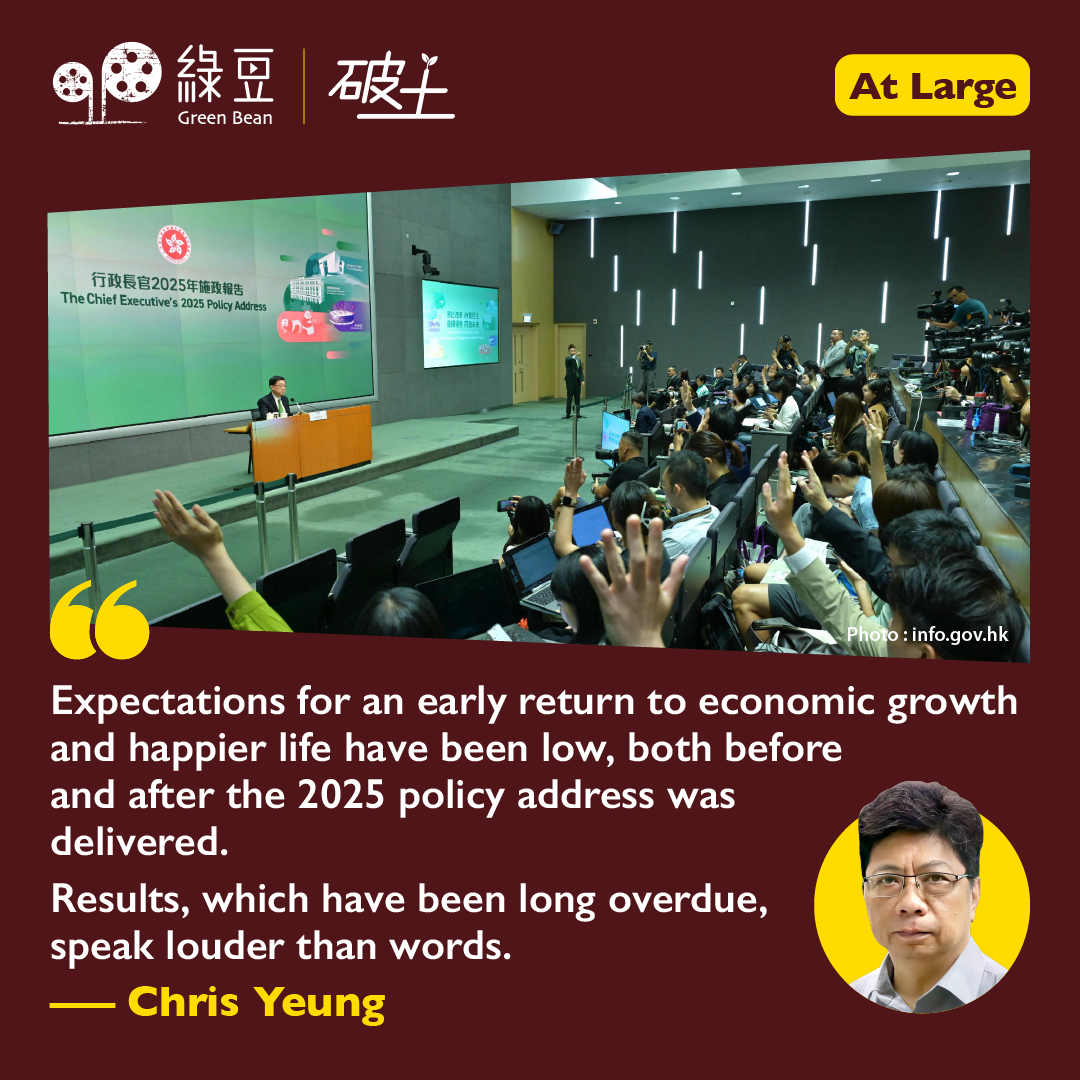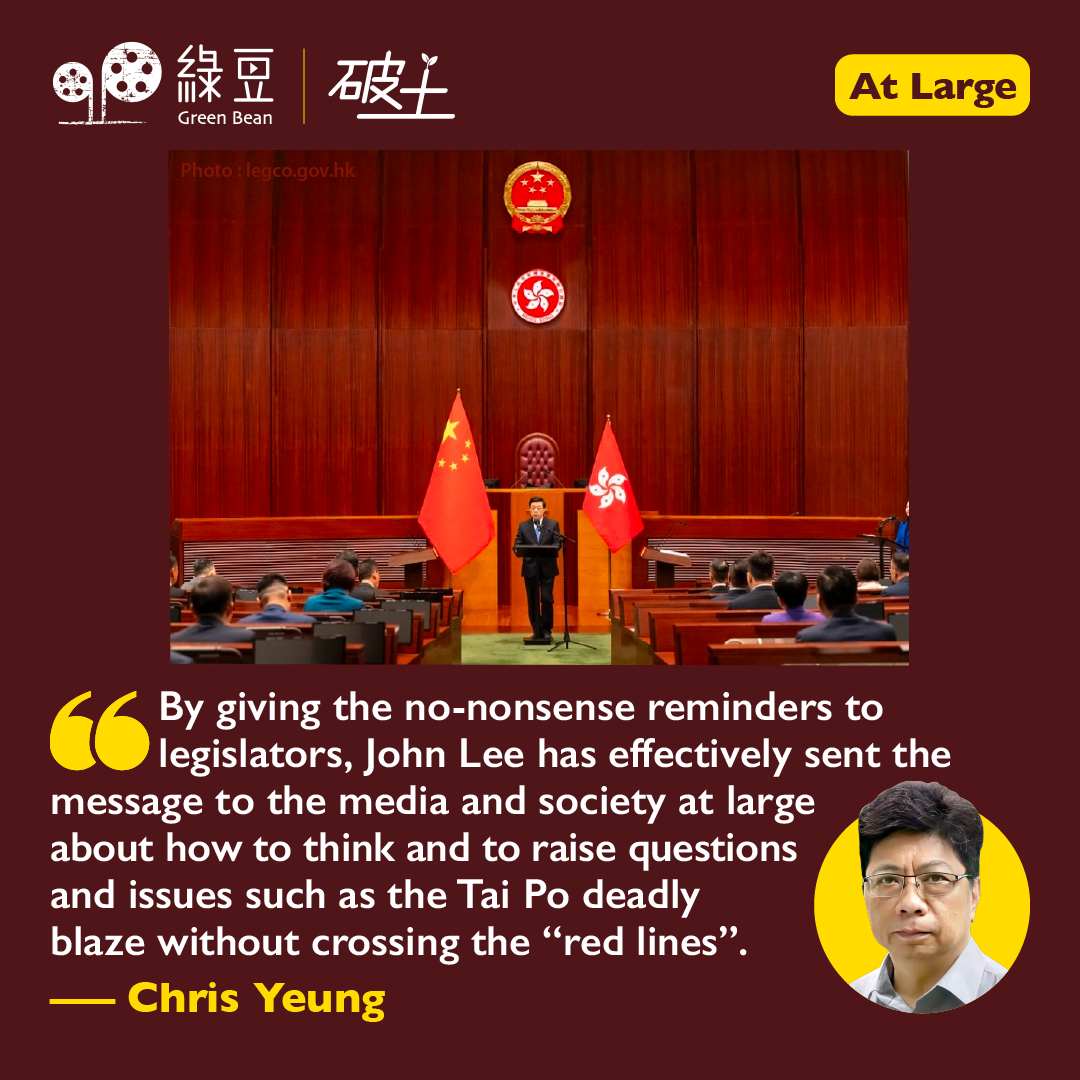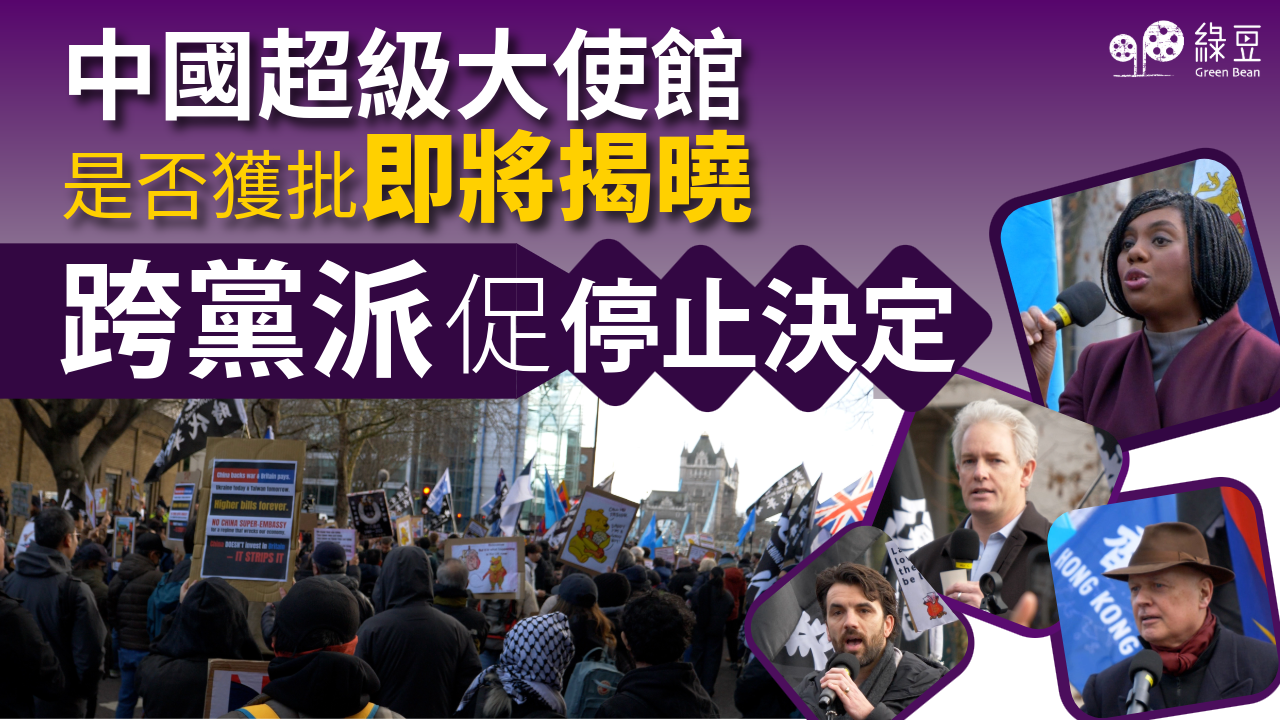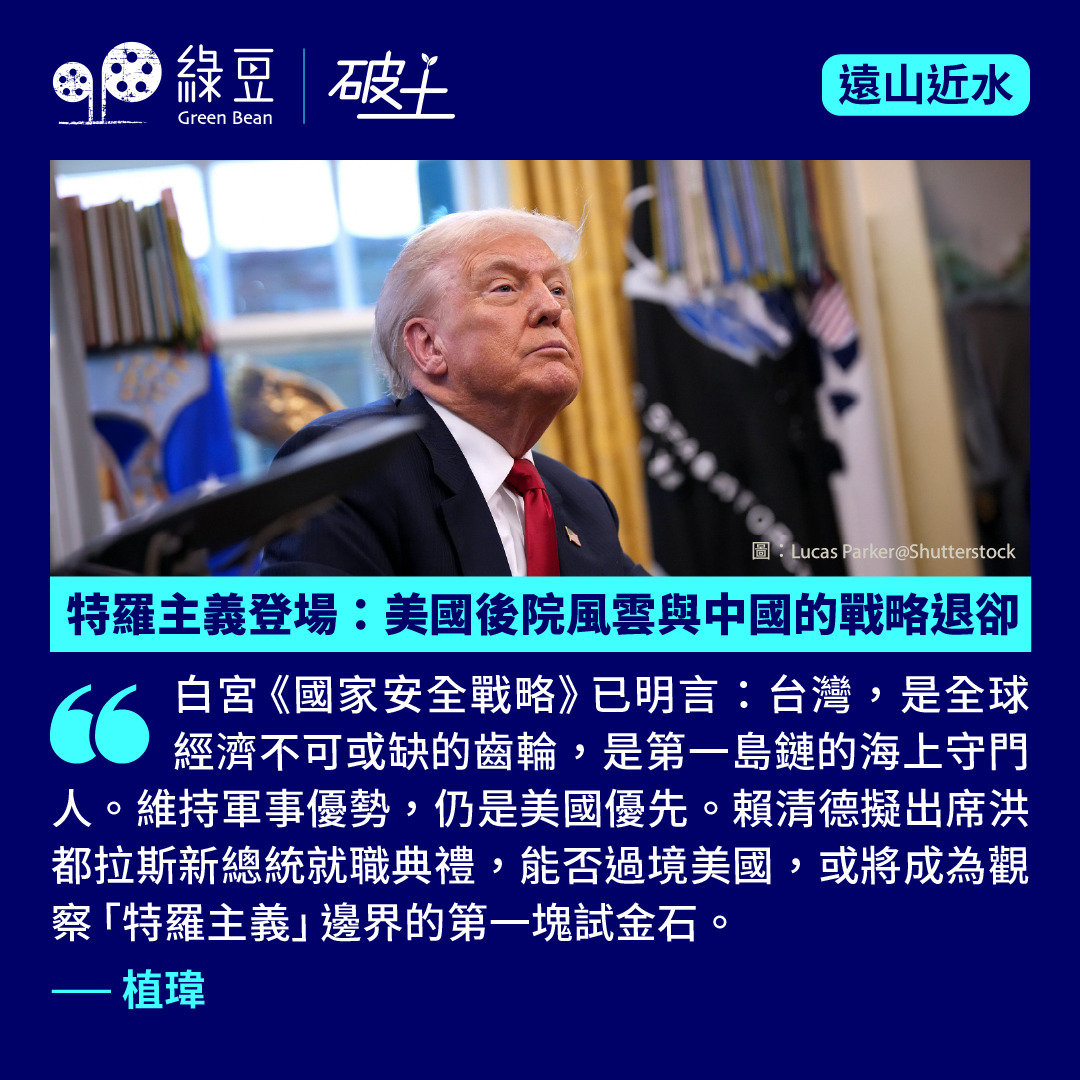Governance results speak louder than words

Even on its face, Hong Kong is not in a good shape. The latest unemployment rate, on an upward trend in recent months, stood at 3.7 percent, same as the previous figure. The number of vacant offices in Central stayed at a high level. Closures of restaurants and retail outlets have become an unwelcome but unsurprising feature in the city. Polls show more people are dissatisfied with the government. Fiscal reserves, once a source of pride, have become an embarrassment. Once stood at 1.1 trillion, it is now down to 500-odd billion.
One city. Two economies. One economy saw a glow of hope arising amid a surge of the Hang Seng Index and vibrant IPO activities. The other economy has been fraught with a feeling of pessimism and stagnancy.
Road to“from stability to prosperity”
The avowed official goal of Hong Kong moving “from stability to prosperity” remains distant – six years after a government bill on extradition had morphed into the city’s worst political turbulence since the 1967 Riots, followed by the Covid-19 pandemic.
At least on its face, the enactment and implementation of a set of national security laws and subsidiary legislation since 2020 and, also importantly, the crackdown against “soft resistance” has put an end to chaos and has restored peace and stability. John Lee, who joined the government as a probationary police inspector in 1977 before rising to the top post, should be given the credit of leading the city from “chaos to stability.” Job Number One done.
The road from stability to prosperity has been long and winding. The Job Number Two of revitalising the economy and improving livelihood has proved to be a tall order for him.
With his five-year term entering its second half, Lee has doubled his efforts to achieve prosperity in his fourth policy address delivered at the Legislative Council on Wednesday.
Deepening reform
The speech, his second longest in terms of the time of delivery, or two hours and 45 minutes to be exact, is long in telling Hong Kong people what the government plans to do in the next 12 months. But ordinary people can be forgiven for a feeling of loss and irrelevance about what the policy address means to the goal of bringing long-awaited prosperity to the enclave.
In his latest blueprint, Lee highlighted the theme of “deepening reform” in striving for a vibrant economy, development and better people’s livelihood. He has pledged to “break the barriers and remove obstacles” through reforms.
To speed up the development of the Northern Metropolis for the city to better align with national development strategies laid down by President Xi Jinping, he announced the setting up of a number of top-level bodies led by him, the Chief Secretary and the Financial Secretary and one of their deputies respectively.
A string of legislative and administrative measures will be adopted to simplify statutory procedures, fast-track processing, cut costs, among other purposes, for the goal of turning the Northern Metropolis vision into reality and, importantly, faster.
In line with the theme of reform, he unveiled details of an accountability system for department heads, in addition to the accountability system for politically-appointed principal officials introduced by former chief executive Tung Chee-hwa in 2022.
The government-appointed Public Service Commission will be given more powers to investigate serious cases of mistakes and deficiencies of senior civil servants, who may face administrative or disciplinary action if they are found to be held responsible.
Expectation from the populace
Lee’s action plan of “deepening reform” in governance covering the Northern Metropolis project, expanded accountability system to the use of AI in the government echoes the theme of reform championed by President Xi.
In a more practical sense, it is aimed to expedite the delivery of concrete results, namely a more vibrant economy and better quality of life, through a stronger governing team. This could not be more important at a time when his current term is entering its last 22 months.
Few disagree with such grand ideas as speeding up Northern Metropolis and making department heads more accountable and new initiatives in areas including AI, tourism and housing set out in the policy address.
If they were greeted with apathy and bewilderment by the populace, it is because the capability of execution of the authorities under the leadership of Lee has been a subject of much doubt and cynicism. Expectations for an early return to economic growth and happier life have been low, both before and after the 2025 policy address was delivered.
Results, which have been long overdue, speak louder than words.
▌ [At Large] About the Author
Chris Yeung is a veteran journalist, a founder and chief writer of the now-disbanded CitizenNews; he now runs a daily news commentary channel on Youtube. He had formerly worked with the South China Morning Post and the Hong Kong Economic Journal.





